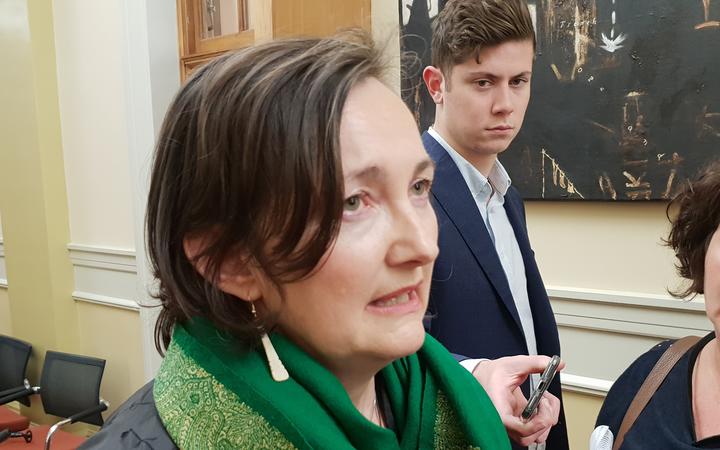A politics professor says some of her personal details are featured in a huge leak of data amassed by a company believed to be used by China's intelligence service.
The information was initially leaked from Zhenhua Data, a company based in the southern China city of Shenzhen, to American academic Christopher Balding.

Canterbury University professor Anne-Marie Brady - who specialises in political interference from China - says only 10 percent of the details of 2.4 million people worldwide are recoverable from the leaked database.
She told RNZ that researchers showed her an incomplete file with some of her details, and politicians, their families, defence officials and diplomats in a list identifying 793 New Zealanders.
"This is part of the Chinese government's overall collection approach, try to build up asset relationships from the political and economic leads. So you first have to have data on them to be able to develop those relationship and identify vulnerabilities," Brady said.
- New Zealand politicians, diplomats, judges, and fraudsters found on massive Chinese intelligence database
- Families of John Key, Jacinda Ardern tracked by data company linked to Chinese military
- China is greatest threat to world order: UK; US top China adviser kicked out of family clan
- New Zealand must be 'proactive, not provocative' in face of 'delicate, dangerous' situation with China
She said the data could be used to blackmail the people involved or find out their views on the Chinese government, and "to nurture and cultivate them".
The Shenzhen company is believed to be owned by China Zhenhua Electronics Group, which in turn is owned by a state-owned enterprise called China Electronic Information Industry Group (CETC), meaning "it's part of the military industrial complex in China", according to Brady.
"There's connection, very much since 2015. [The Chinese president] Xi [Jinping's] government has been promoting this idea of this civil-military fusion, so using what are extensively private-sector companies, in fact you can trace back the connections to engage in military-related research and acquisition of military technology."
Brady said she was working with scholars from other countries to identify any patterns in the data.




